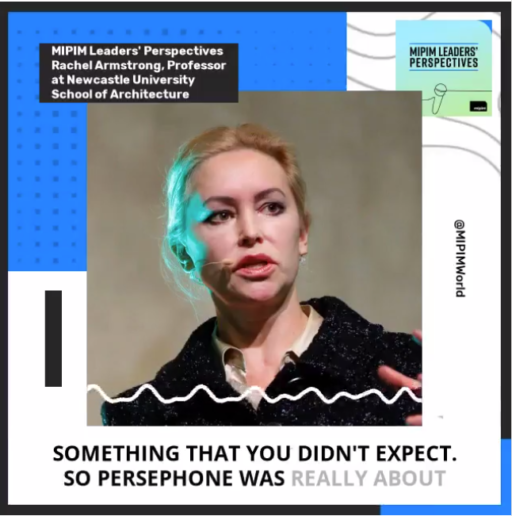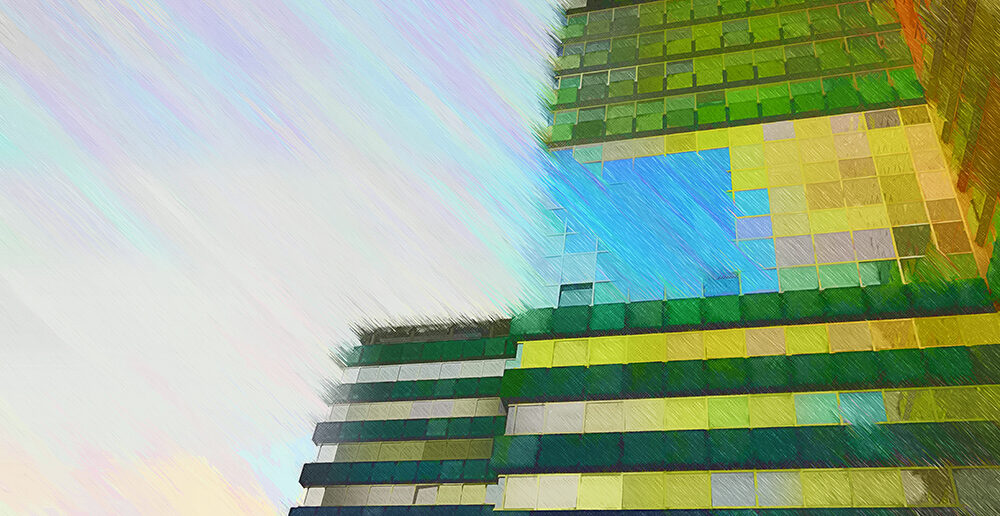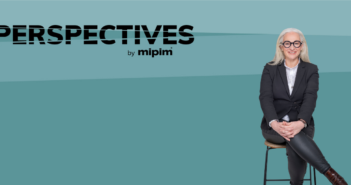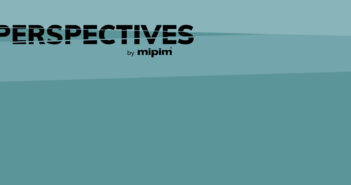In a series of special podcasts « MIPIM Leaders’ Perspectives » about the future of real estate post Covid-19, senior level leaders shared their predictions and insights with Courtney Fingar, Editor-in-Chief at Investment Monitor. In an informal and friendly environment, leading investors, developers, brokers and others in the real estate value chain will predict future developments.
Rachel Armstrong: opening up the field
Venice is slowly sinking. One millimeter per year. Projects to « save Venice » have been flourishing for the past decades but the most elegant one come from Rachel Armstrong, a professor of Experimental Architecture at the Newcastle University School of Architecture.
She is investigating what we can call « living architecture », protocells that would grow underneath Venice as a reef-like structure that would solidify the foundation of the city.
We already knew that architecture was not only about building our cities and that we can use architecture to create wellbeing, but what Rachel is proposing is a far more impressive use of architecture: to save cities from the damage we’ve inflicted on them.

Rachel Armstrong, Professor at Newcastle University School of Architecture
Rachel is seeking new opportunities for architecture, by experimenting with new ways of designing the cities using technologies inspired by nature.
It’s about using biotechnology in synergy with nature. For her, nature is the perfect model from which to copy: if we think about it, nature is able to create complete circularity in terms of its resources use.
Rachel sees her work as a way to open up the field for new discussions, nudging us toward new ways of envisioning our cities.
Discover more interviews on Leaders Perspectives, here.



